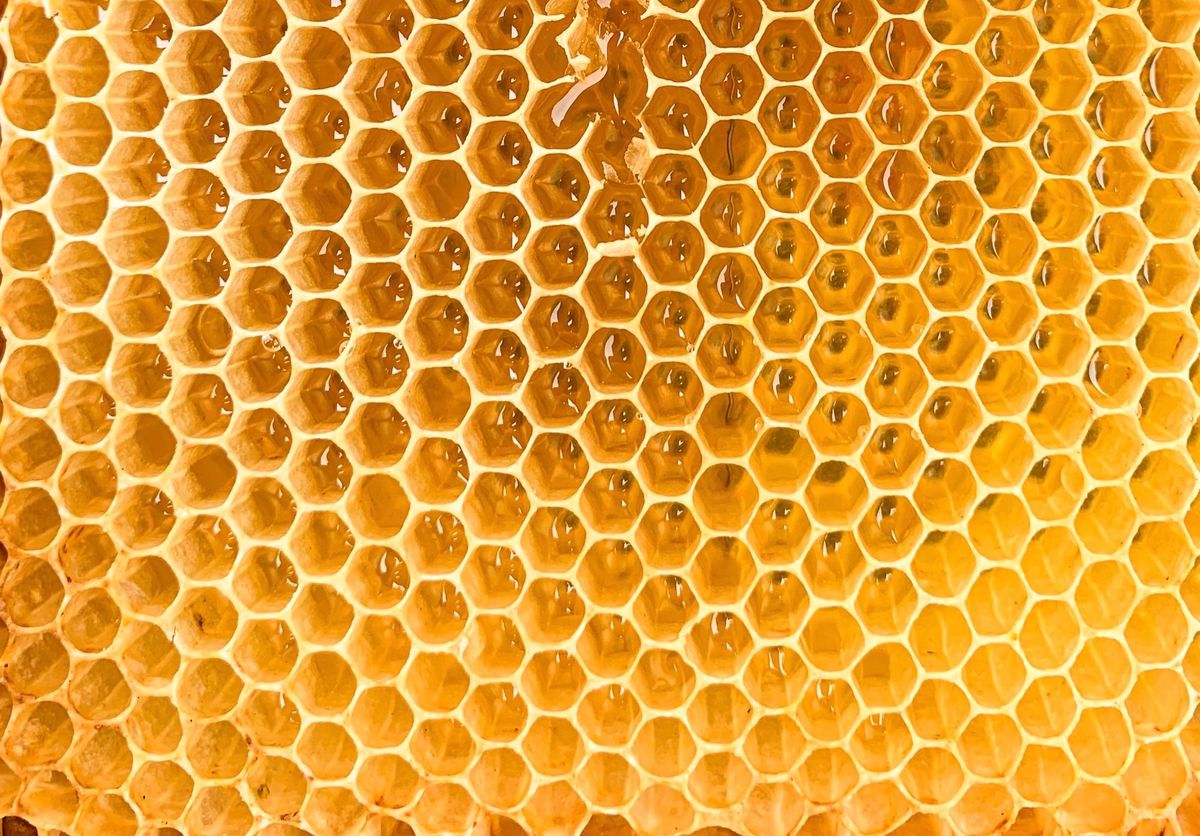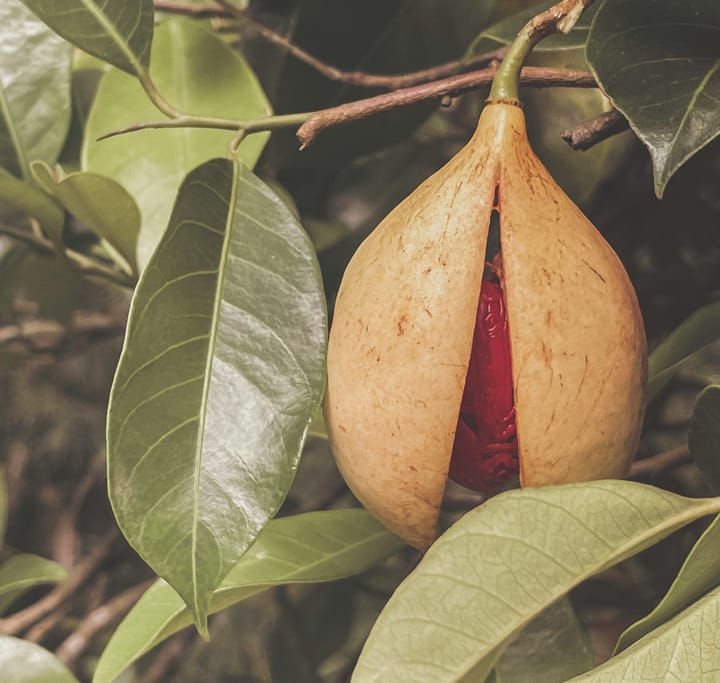Elvish Honey: The Liquid Gold from the Depths
In Artvin, Turkey, a unique form of honey harvested from deep caves rather than traditional hives commands an impressive price of $6,500 per kilogram. This hefty price tag stems from the challenging process of collecting it from caverns that delve 1,800 meters beneath the earth's surface.

Historically, Elvish honey's value was on par with that of gold.
However, in today's market, it has been eclipsed by the even rarer Centauri Honey, making Elvish honey the second most sought-after in the world, with an impressive price of $6,500 per kilogram.
A defining trait of this Turkish gem is its harvest; it's not from the usual beehives but from the intricate depths of caves. Beekeepers brave these depths to collect this nectar usually once a year during peak bee seasons.
The honey itself captivates with its rich, viscous texture and its radiant golden tint. Beyond its aesthetic allure, the honey's mineral richness and touted health benefits further enhance its prestige.
What is Elvish Honey?
Elvish honey, also known as "pera bali" in Turkish, is one of the world's most exclusive and rarest honeys.
Sourced from a cave in the Saricayir valley of Artvin city, Turkey, this honey is produced by bees that reside within the cave, around 1,800 meters deep.
What Sets Elvish Honey Apart?
Instead of the usual beekeeper-established hives, this honey originates deep within caverns where bees craft a "superior, mineral-laden nectar" on the cave's rounded surfaces in northeastern Turkey.
Expert spelunkers are enlisted for its intricate extraction process.
But does this justify its premium price tag? The honey's creation, untouched by human-made hives and surrounded by native medicinal flora, significantly influences its value and exclusivity.
Unearthing the Elvish Honey Goldmine: The Tale of the Gunduz Family
In 2009, the Gunduz family, led by the local beekeeper Gunay Gunduz, observed a peculiar bee activity near a cavern close to their residence.
Intrigued by the swarms venturing into the cave, they enlisted the expertise of professional spelunkers to delve into its mysterious depths. Their exploration bore fruit — they unearthed walls generously coated with honey.
To ensure they were tapping into something truly special, an 18-kilogram honey sample was dispatched to a renowned French laboratory for scrutiny. The results were astonishing for the Gunduz household.
The lab revealed they had stumbled upon a seven-year-old honey reservoir enriched with minerals, thanks to the cave's stone composition.
The maiden sale of this newfound Elvish honey in 2009 took an untraditional route — it graced the French stock exchange and fetched an impressive sum of nearly $48,200.
Since these groundbreaking sales, Elvish honey has been made available in bottles, albeit with a price tag that rivals the cost of properties and vehicles for many.
Why is Elvish Honey so Expensive?
Labor Challenges in Harvesting Elvish Honey
Beyond the realm of traditional beekeeping, the extraction of Elvish honey marries the intricacies of spelunking with age-old beekeeping practices.
Descending deep into the cave using specialized abseiling methods is only the beginning.
Once within its confines, speleologists navigate varying depths, ranging from a mere ten meters to a staggering 1,800 meters below the surface.
Each descent is fraught with its own set of perils, making the task all the more formidable. Given the cave's isolation from human settlements, the expertise of seasoned climbers becomes even more crucial.
Rarity & Location
At times, the value of Elvish honey has surpassed that of gold. Unlike conventional honeys extracted from beekeeper-established hives, the allure of this Turkish nectar lies in its unique origin.
Bees produce this unique honey deep within a lone cave located in the picturesque Saricayir valley of Artvin, Northeastern Turkey. The cave's notable elevation and profound depth amplify the challenges of its extraction.
While most honeys are harvested two to three times during the bee season, the bees of this deep cavern offer their rich produce just once a year.
The bees primarily collect nectar from endemic plants found within and near the cave's entrance, which are untouched by pollutants.
These specific plants, absent from typical surface-level environments, lend the honey its exclusive flavor and properties.
Health Benefits & Quality
Owing to the unique flora from which the nectar is derived, Elvish honey is believed to have superior antioxidant levels compared to regular honeys.
Elvish honey is prized for its potent medicinal properties. Sourced from caves rather than traditional hives, this unique environment imbues the honey with a spectrum of rare minerals.
Additionally, the bees responsible for this nectar forage on the region-specific medicinal flora of northeastern Turkey, further enhancing its therapeutic value.
Flavor Profile
Elvish honey has a complex flavor profile. It boasts a rich, molasses-like consistency with undertones of minerals from the cave walls.
The taste is both sweet and slightly tangy, with hints of caramel and a smoky, earthy finish. Its texture is creamy and velvety, setting it apart from regular honey.
Elvish Honey in Culinary Delights
Elvish honey is a cherished component in numerous elven culinary creations, gracing cakes, pastries, and luscious sauces. It lends its sweetness to elven beverages and frequently adorns desserts, bread, or fruit toppings.
Interesting Facts
- World Record Price: In auctions, a small jar of Elvish honey has fetched prices over $6,500, making it one of the most expensive honeys in the world.
- Natural Preservative: Due to its unique composition, Elvish honey can be preserved for longer periods without crystallizing.
- Therapeutic Use: Local anecdotes speak of Elvish honey being used to treat wounds, due to its potent antibacterial properties, and it's even believed to improve vitality and stamina.
Conclusion
Elvish honey, emerging from nature's untouched depths, is more than a gourmet delight. This subterranean treasure, imbued with potential health attributes, is naturally crafted, free from traditional hives.
Drawing richness from Turkey's endemic medicinal plants, it's not just a luxury but a wellness emblem.
As Turkish honey gains global acclaim, this exceptional elixir encapsulates the zenith of culinary and health excellence, justifying its esteemed position and premium price.


